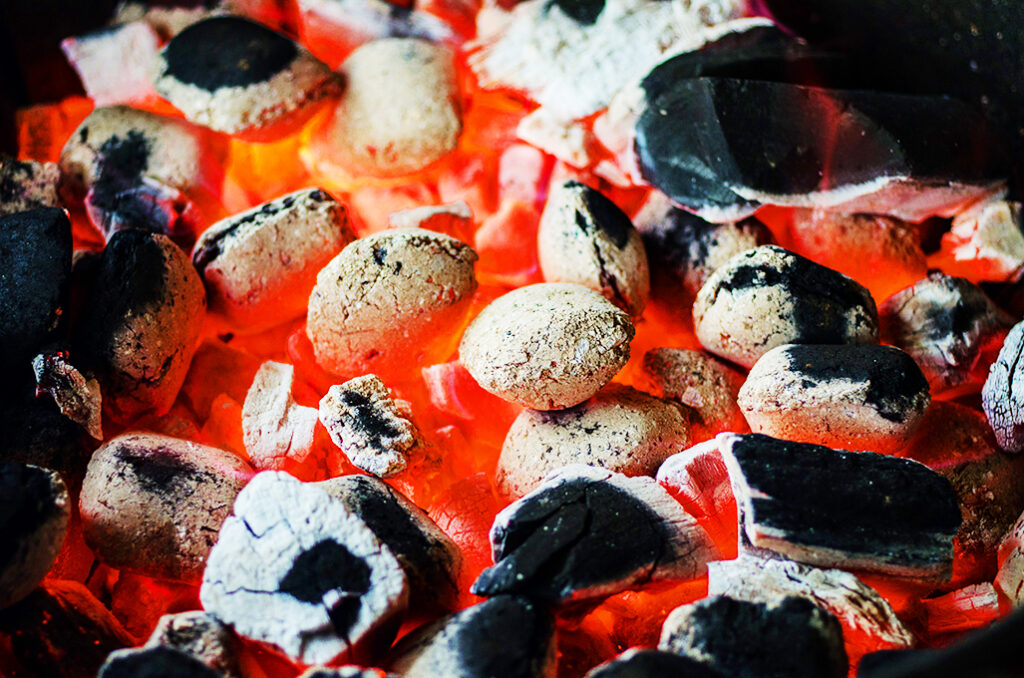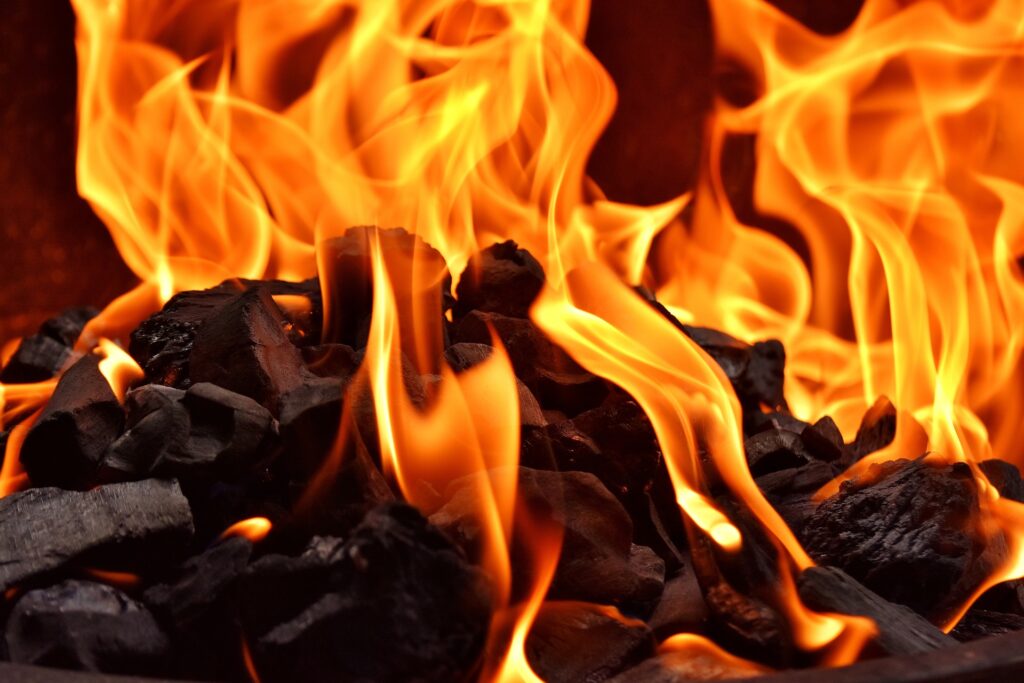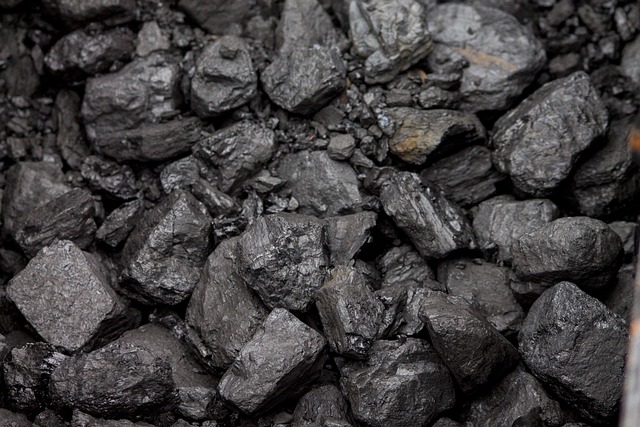
Smokeless Coal Be Banned in the UK
Smokeless coal, also known as low-smoke coal or anthracite, has been used in the UK as a fuel source for many years. It is considered a cleaner alternative to traditional coal as it produces less smoke and emissions when burned.
However, there is currently a push to ban the use of smokeless coal in the UK as part of the government’s efforts to improve air quality and reduce carbon emissions. Burning any type of coal produces carbon dioxide, which is a major contributor to climate change, and smokeless coal still produces pollutants such as nitrogen oxides and particulate matter.
In February 2021, the UK government announced a ban on the sale of traditional house coal and wet wood for domestic burning, which came into effect in May of that year. The ban was introduced to help reduce air pollution, particularly in urban areas, and promote the use of cleaner fuels.
While smokeless coal was not included in the ban, there are calls for it to be phased out in the near future. Some environmental groups argue that a ban on smokeless coal is necessary to fully address the issue of air pollution and combat climate change.
However, others argue that a ban on smokeless coal could have negative consequences for households that rely on it as a source of affordable heating. It is likely that any decision to ban smokeless coal would need to be carefully balanced against the potential impact on households and the wider economy.
Will Smokeless Coal Be Banned
The government has announced plans to use wet wood and coal as domestic fuel to improve air quality, especially in urban areas. There are plans to completely ban these fuels by 2023. These are a major reason for the production of microparticles.
Pollutants, which are particularly harmful because of their small size – they are less than the width of a human hair. So will smokeless coal be banned? Well, since it is air pollution that is a cause for concern, any smokeless fuel will do.

Are you allowed to burn smokeless coal in London
Yes, smokeless coal is allowed to be burned in London and other Smoke Control Areas in the UK. In fact, the use of smokeless coal is encouraged in these areas as it produces fewer pollutants than traditional house coal.
Under the Clean Air Act 1993, the sale and distribution of traditional house coal for use in these areas is banned, and instead, only authorized smokeless fuels can be used. This includes fuels such as anthracite, semi-anthracite, and low-volatility coal.
It’s worth noting that some boroughs within London have additional restrictions on the use of solid fuels, including smokeless coal. It’s important to check with your local authority to find out if there are any specific rules or regulations in place regarding the use of solid fuels in your area.
Is smokeless coal harmful?
Smokeless coal is designed to produce fewer pollutants than traditional coal, but it still produces some harmful pollutants, including fine particulate matter and nitrogen oxides. These pollutants can contribute to respiratory and cardiovascular problems, particularly in vulnerable populations such as children, the elderly, and those with pre-existing health conditions.
However, compared to traditional coal, smokeless coal produces significantly lower levels of pollutants, which is why it is often used in urban areas where air pollution is a particular concern. Smokeless coal is also generally considered to be a better option than other solid fuels, such as wood or peat, which can produce higher levels of pollutants.
It’s worth noting that while smokeless coal may be a better option than traditional coal or other solid fuels, there are still environmental and health concerns associated with its use. The best option for reducing air pollution and protecting public health is to transition to cleaner sources of energy, such as renewable energy or natural gas.

In conclusion
There are calls to ban the use of smokeless coal in the UK due to concerns about air pollution and health effects. While a ban would improve air quality and reduce the number of premature deaths caused by air pollution, it could also have a negative impact on the economy and certain households. The UK government is currently considering a ban on the sale and distribution of smokeless coal for domestic use and is also taking other measures to address air pollution.
